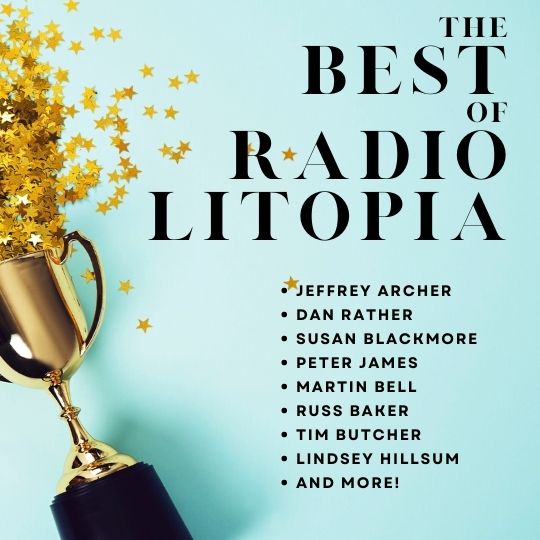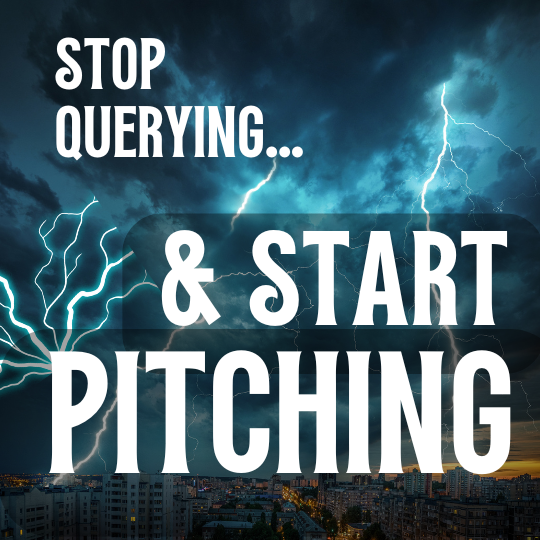The book that tore publishing apart: ‘Harm has been done, and now everyone’s afraid’. I've read books where people used chocolate to describe their skin. My eyes are almond shaped. Ashkenazi nose though. Ok not cool. The autistic people I know are pretty aware they can be abrasive. They spent most of their childhoods trying to learn rules of behaviour- as did we all, but they had to go at it harder. I get people who aren't represented would like a seat at the table, but it's mostly literary that is choosing to publish white writers accounts of other experiences. Commercial fiction I think story still is paramount. James Baldwin is an astonishing writer and I can't argue that there is no reason "To kill a mockingbird" is in schools ahead of his books. There was a recent controversy in Ireland about taking TKAM off the school curriculum in favour of some colonial African or Indian writers more relevant to the Irish experience. But Kim is not even considered because Kipling is now cancelled, tho to me it's more relevant to the Irish experience in India not to mention gives a deeper understanding of English colonialism and the Afghanistan war. If the purpose of English class is to train the palate to recognize good writing wherever it is found then have schools in the English speaking world gone off piste? Back to publishing. This issue seems to me to get to the crux of the difference between literary and commercial fiction.
Click for more details
Navigation
Install the app
How to install the app on iOS
Follow along with the video below to see how to install our site as a web app on your home screen.
Note: This feature may not be available in some browsers.
More options
Style variation
-
Café Life is the Colony's main hangout, watering hole and meeting point.
This is a place where you'll meet and make writing friends, and indulge in stratospherically-elevated wit or barometrically low humour.
Some Colonists pop in religiously every day before or after work. Others we see here less regularly, but all are equally welcome. Two important grounds rules…
- Don't give offence
- Don't take offence
We now allow political discussion, but strongly suggest it takes place in the Steam Room, which is a private sub-forum within Café Life. It’s only accessible to Full Members.
You can dismiss this notice by clicking the "x" box
You are using an out of date browser. It may not display this or other websites correctly.
You should upgrade or use an alternative browser.
You should upgrade or use an alternative browser.
This topic again. Can publishing figure this out?
- Thread starter Pamela Jo
- Start date
Invest in You. Get Full Membership now.
- Status
- Not open for further replies.
Serra K
Basic
Without even needing to go into the Orwellian nature of today's society the whole problem boils down into one simple fact: People are obsessed with telling others what they should think, feel, say, and believe. Ironically much of this pressure is coming from voices who once purported to uphold equality and dignity for all.
I may be naïve because my strategy is to wait until all of the arguments collapse under the weight of their own irrationality. In the mean time, I'll form my own beliefs with a focus on truth seeking, and expect others to do the same. The 'newspeak' in public spaces is getting easier and easier to spot, and the intimidation tactics are getting more obvious by the day.
It's frustrating and absurd, but here we are.
I may be naïve because my strategy is to wait until all of the arguments collapse under the weight of their own irrationality. In the mean time, I'll form my own beliefs with a focus on truth seeking, and expect others to do the same. The 'newspeak' in public spaces is getting easier and easier to spot, and the intimidation tactics are getting more obvious by the day.
It's frustrating and absurd, but here we are.
B
Brayati
Guest
In a land not far from where I live, a young politician received sage advice from an elder:
To be seen doing and saying the right thing by all doesn't mean it needs action, just let them hear it and feel secure in your leadership, and you don't need to do more.
To be seen doing and saying the right thing by all doesn't mean it needs action, just let them hear it and feel secure in your leadership, and you don't need to do more.
I don't think it's necessarily helpful for white people (er, including me...) to be telling other white people what they can and can't say about people of other colours/ethnicities; but I do think that if black/brown people are saying that something has caused them harm (and it seems hurt *has* been caused in this example), then they should be believed and listened to. They don't need the validity of their hurt questioned. (You'll know this one if you've ever argued with a partner or friend, or ever received a crap apology.)
BUT I did note that one of the critics mentioned in the article explicitly said her aim wasn't to cancel, but to challenge. Perhaps if the reaction in these situations was to open a dialogue rather than a knee-jerk cancellation (which seemingly just causes more harm to more people, including the author) then it might defuse this kind of situation a lot. Turning it into a conversation rather than a confrontation. If people aren't feeling attacked (on either side) the outcomes are much more likely to be constructive. And as @Brayati says, an outright cancellation actually avoids meaningful engagement.
I think the question might be less "who's right? [and throw the other to the dogs]", but "how can we repair this relationship?"
BUT I did note that one of the critics mentioned in the article explicitly said her aim wasn't to cancel, but to challenge. Perhaps if the reaction in these situations was to open a dialogue rather than a knee-jerk cancellation (which seemingly just causes more harm to more people, including the author) then it might defuse this kind of situation a lot. Turning it into a conversation rather than a confrontation. If people aren't feeling attacked (on either side) the outcomes are much more likely to be constructive. And as @Brayati says, an outright cancellation actually avoids meaningful engagement.
I think the question might be less "who's right? [and throw the other to the dogs]", but "how can we repair this relationship?"
- Thread starter
- #5
I can't help but feel you've hit a bullseye. After all it's frustrating to hear someone speak for all white females when I disagree vehemently. How ridiculous is it to give someone expressing a personal opinion the power to speak for everyone who isn't caucasian and first world. That's a lot of different voices. As far as the market goes I'll read a good story whoever the protagonist is. But if i'm sold authenticity I expect publishers to do their due diligence and be sure they chose an authentic voice.I don't think it's necessarily helpful for white people (er, including me...) to be telling other white people what they can and can't say about people of other colours/ethnicities; but I do think that if black/brown people are saying that something has caused them harm (and it seems hurt *has* been caused in this example), then they should be believed and listened to. They don't need the validity of their hurt questioned. (You'll know this one if you've ever argued with a partner or friend, or ever received a crap apology.)
BUT I did note that one of the critics mentioned in the article explicitly said her aim wasn't to cancel, but to challenge. Perhaps if the reaction in these situations was to open a dialogue rather than a knee-jerk cancellation (which seemingly just causes more harm to more people, including the author) then it might defuse this kind of situation a lot. Turning it into a conversation rather than a confrontation. If people aren't feeling attacked (on either side) the outcomes are much more likely to be constructive. And as @Brayati says, an outright cancellation actually avoids meaningful engagement.
I think the question might be less "who's right? [and throw the other to the dogs]", but "how can we repair this relationship?"
Invest in You. Get Full Membership now.
- Status
- Not open for further replies.
Further Articles from the Author Platform
Café Life Tag Cloud
2025
agent
author
authors
blog
book
books
cafe
calls for submissions
challenge
character
christmas
competition
conferences
contest
creative writing
creativity
editing
fantasy
feedback
fiction
inspiration
life
literature
litopia
motivation
music
new
new member
novel
philosophy
poetry
publisher
publishing
reading
review
romance
self-publishing
sentence
shakespeare
short story
stories
story
storytelling
technology
words
world
writer
writers
writing
Similar threads
Please Comment:
About it all Again
- Replies
- 0
- Views
- 226
- Replies
- 1
- Views
- 278
- Replies
- 32
- Views
- 1K
Self-Publishing
Self-Publishing
- Replies
- 4
- Views
- 369
- Replies
- 7
- Views
- 916
Latest Articles By Litopians
-
The Shadow Durian
As a lifelong foreigner, I’ve learnt that being open to new things smooths the path considerably. ...
-
Goodbye Eeyore, Hello Tigger
Granny was churchy. She grew up in an era that saw living by the Bible as an important British chara ...
-
21st Century Song of Summer
It’s sobering to think that while summer is celebrated in some parts of the world with mus ...
-
Falcon Theory
“So,” said Goethe to his friend Johann Peter Eckermann, “let us call it a Novelle, for what i ...
-
The Joy of Lit Mags
While my first novel is tentatively making its way towards agents who already have too much to read, ...
-
Advertising and Social Media
There has been much discussion in writing circles about how much a writer has to self-promote these ...
-
Future Abstract: Fights at Night
SATIRE ALERT: The following abstract is entirely fictional and does not represent actual events or s ...




